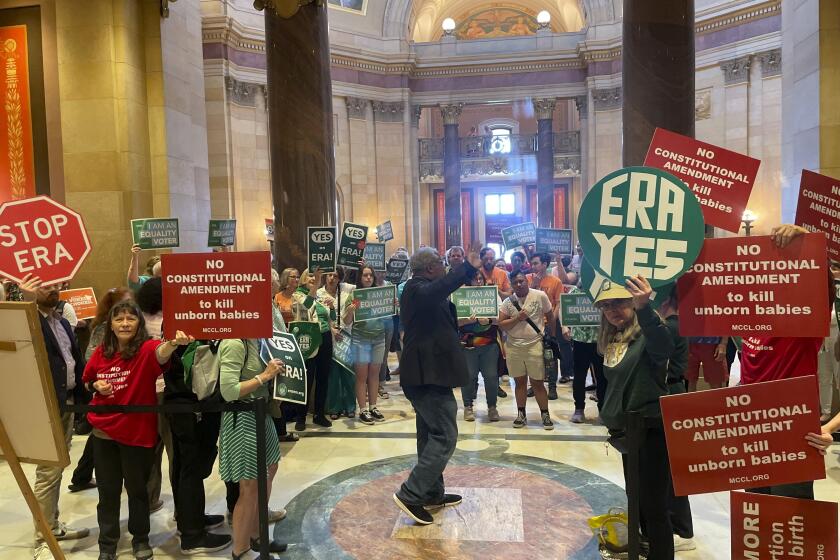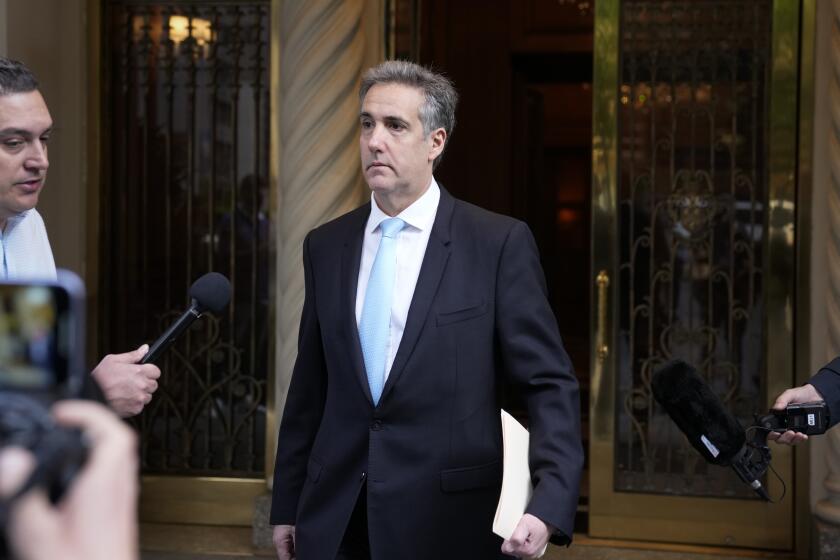Assembly Approves Its Budget Proposal
State lawmakers split along party lines Friday in approving the Assembly version of the next state budget, with Republicans balking at the plan’s low reserve fund and shift in transportation spending.
The Assembly passed the $80.4-billion 2001-02 spending plan on a 48-28 vote.
The Assembly proposal relies on more generous revenue assumptions--about $650 million over two years--than the budgets crafted by the Senate and Gov. Gray Davis. It includes a $1.9-billion reserve and proposes to spend $713 million more than the governor’s budget proposal.
Both proposed budgets offer roughly the same amount of money for education and propose borrowing about $2.5 billion from transportation to bolster the general fund over the next two fiscal years.
Differences between the two documents include Assembly proposals to boost spending on health care and other social services, including a $63-million foster care reform package.
Assemblyman Tony Cardenas, the Sylmar Democrat who chairs the Assembly Budget Committee, described the plan as the most difficult budget that has been put together in 10 years. He lauded the proposal for its new investments in education and health care.
The plan faced opposition from Republicans who unsuccessfully offered an array of amendments that touched on abortion, taxes and the size of the reserve. They called for a 5% reserve, $4 billion, citing the slumping economy and energy crisis as reasons for a more substantial rainy day account.
The Assembly action Friday paves the way for a budget committee made up of members of both houses to begin meeting next week after the Senate approves its version of the budget, which is scheduled to come up for a vote on Tuesday.
In a bit of bright news for the California economy, Davis announced Friday that California exports rose to $30.3 billion in the first quarter of this year, a 13.2% increase over the same period in 2000. The state has enjoyed seven consecutive quarters of export growth, Davis said.
More to Read
Get the L.A. Times Politics newsletter
Deeply reported insights into legislation, politics and policy from Sacramento, Washington and beyond. In your inbox three times per week.
You may occasionally receive promotional content from the Los Angeles Times.






